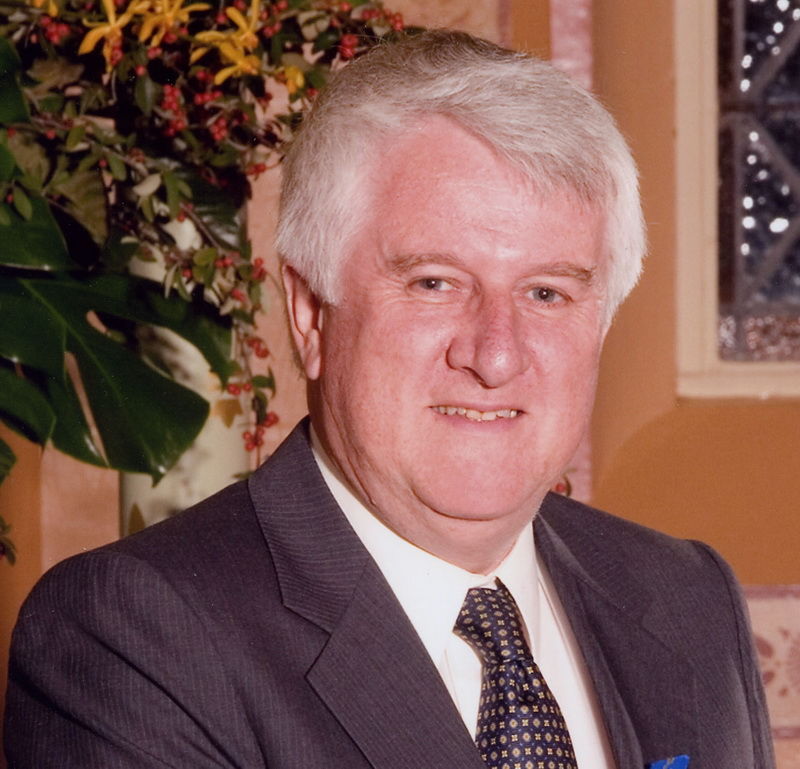Chris Bonnor
 | Chris BonnorBio: Chris Bonnor is an educator, a former principal, and co-author (with Jane Caro) of The Stupid Country - How Australia is dismantling public education and What Makes A Good School?. Education is no place for a free marketA few weeks ago I attended a reunion at my old country town school. There I was with solicitors and shopkeepers, millionaires and mechanics - a wonderful experience. The school enrolled just about every kid in town. It made such good sense, and helped make such a good community, that I thought the age of inclusive schools would last forever, but the free-market era of choice and competition was soon to change all that. Years later I became principal of a government school in Sydney at a time when a selective school was dropped into the next suburb. "The choice will be good for you," the community was told. It was good for a few, but bad for the rest, and that probably sums up the real impact of the free market on kids and schools. We've now muddled through about three decades of choice and competition. Surely it is time to question whether it has worked? After all, the unregulated free market has received quite a hammering lately - including from our Prime Minister. If competition between schools is delivering, let's have more of it. If it isn't, then it's time to say so - and build something better. The idea of a free market of schools was driven by the belief that choice creates quality in schools because consumers vote with their feet. And so, as the narrative goes, pressure is placed on low-demand schools to improve and become more attractive. Not bad in theory, but it hasn't worked out like that. The market was never free and the products (schools) never accessible to everyone. Schools were funded in different and unregulated ways. Just like our economy, many of the rules were thrown away. Choice was only available to those with money to pay fees, to those with networks - or those who were mobile enough to move to the right suburb. Inevitably, this lopsided choice has bastardised our framework of schools. Some schools are required to enrol all comers. Others have used an armory of devices to select or avoid particular students and their families. To access such schools, one has to negotiate an obstacle course of entrance tests and "suitability" hoops, religious criteria, school fees, scholarships and waiting lists. We have set up a regime of choice for some and exclusion of others - a way for favoured families to build on their advantage, while concentrating the disadvantaged in no-fee or low-fee schools. One exhaustive study of Melbourne shows how enrolments in middle-class schools are swelled by student commuters from disadvantaged areas. My study of the HSC in NSW shows that most of the high-end results are snared by schools with the greatest control over their enrolments. How odd it is that we insist in ranking schools, believing that it says something about quality. Retention of quasi-zoning in most states ensures that public schools generally serve their local community, but high-demand, middle-class private and selective public schools can cast their nets much wider. In the process they strip other schools of their critical mass of high-achieving kids. The process is fuelled by the anxiety and fear of parents who worry about their inevitably talented offspring mixing it with the remaining locals. Inevitably the family income gap between our schools is widening. Even Catholic school authorities are nervous about the extent to which their schools no longer serve the poor. Years ago we were warned that this sifting and sorting of students and families would inhibit social mobility, harm educational achievement overall, and represent a huge long-term cost for any society to bear. That future has arrived. Just like the errant economic free market, this market - and the problems it has created - won't self-correct. Prime Minister Kevin Rudd has talked up the role of the state as regulator, funder and provider of public goods. As far as schools are concerned, the regulating is timid, the distribution of funding is simply bizarre and the providing of public goods is serving some of the public far more than others. You would forgive some of this if the free market actually delivered for all our kids and communities. Australian students have ranked well in the international league, but our place has slipped in recent times, with worrying gaps appearing between high and low achievers. There is debate about whether standards have slipped, a debate that has ironically grown as choice and competition have become more entrenched. In addition, commentators increasingly point to social and cultural divisions between our schools. A recent national public education forum in Canberra has pointed the way to practical and workable strategies. We have to dismantle policies that widen the gaps, policies that mock our rhetoric about equity and support for the poor. In particular we must seriously commit to funding on need, to jettison policies that strip disadvantaged schools of their achieving kids - and we need to reward schools that commit to inclusive enrolment practices. Local public schools should be funded so that they become a real and active choice for all families. It won't be easy, especially for a generation of politicians reared on the language and the diet of the free market as it has applied to schools. But with a little courage, and a genuine commitment to evidence-based policies and root and branch reform, almost anything is possible. Printed in "THE AGE" in April 2009. |